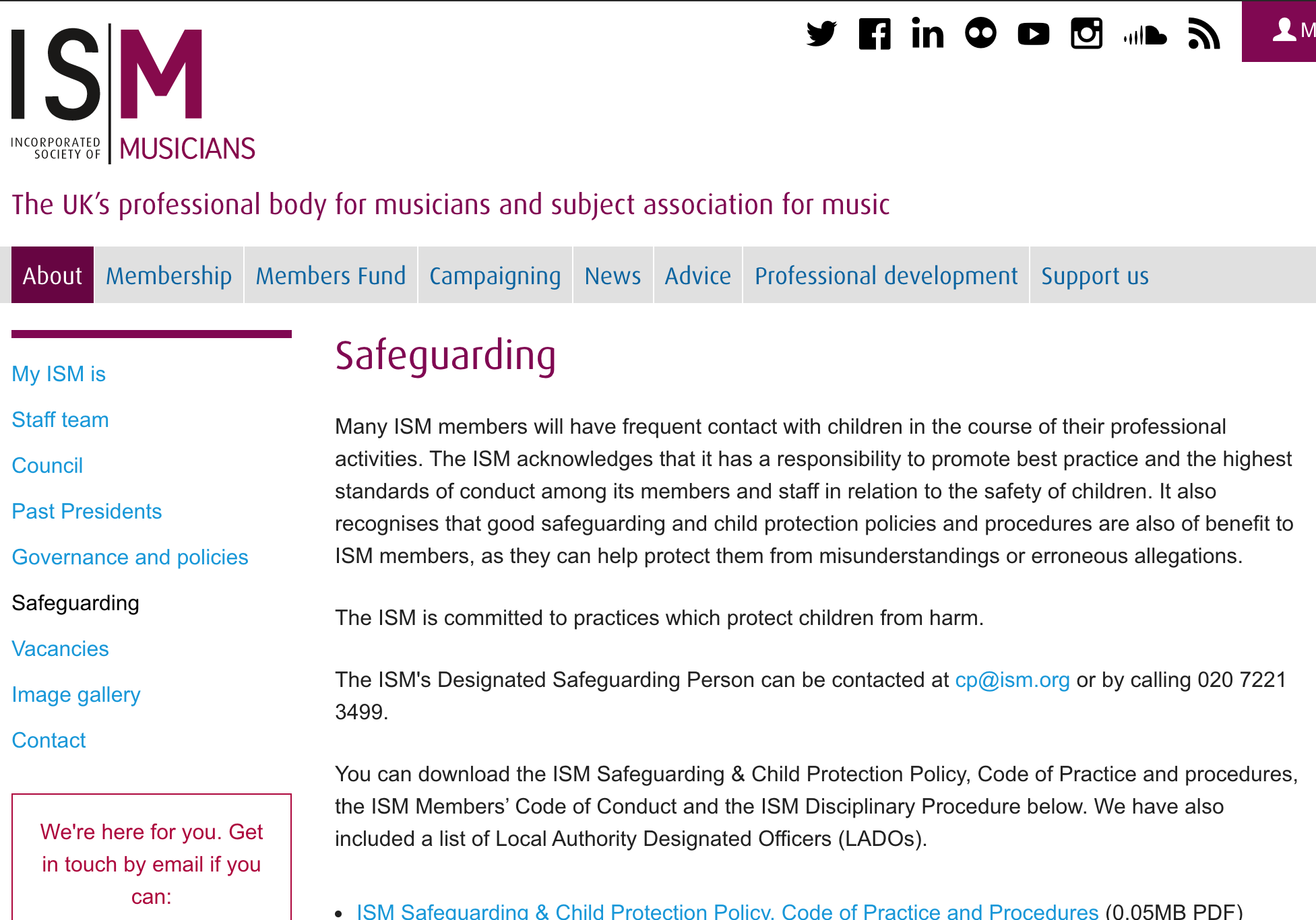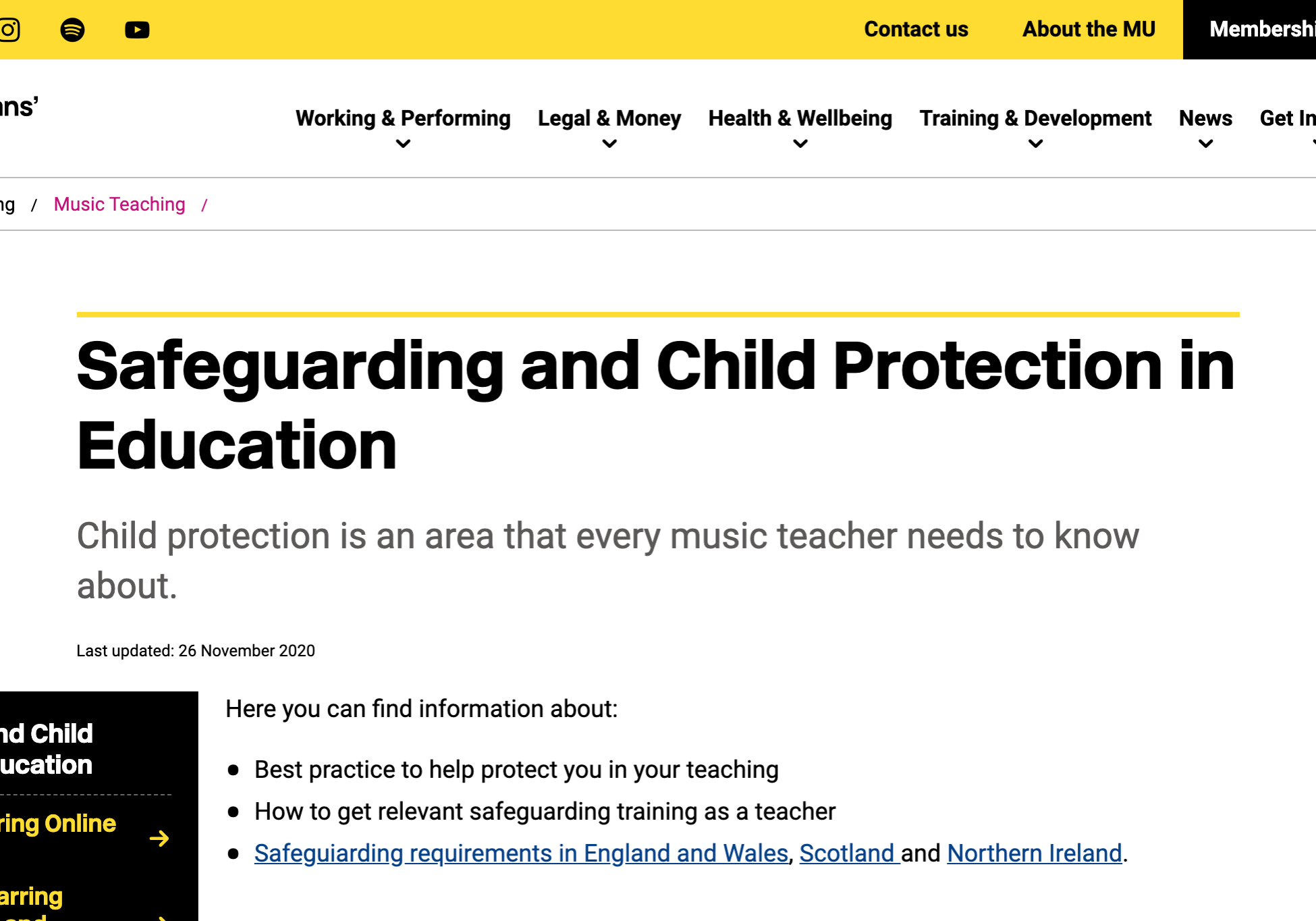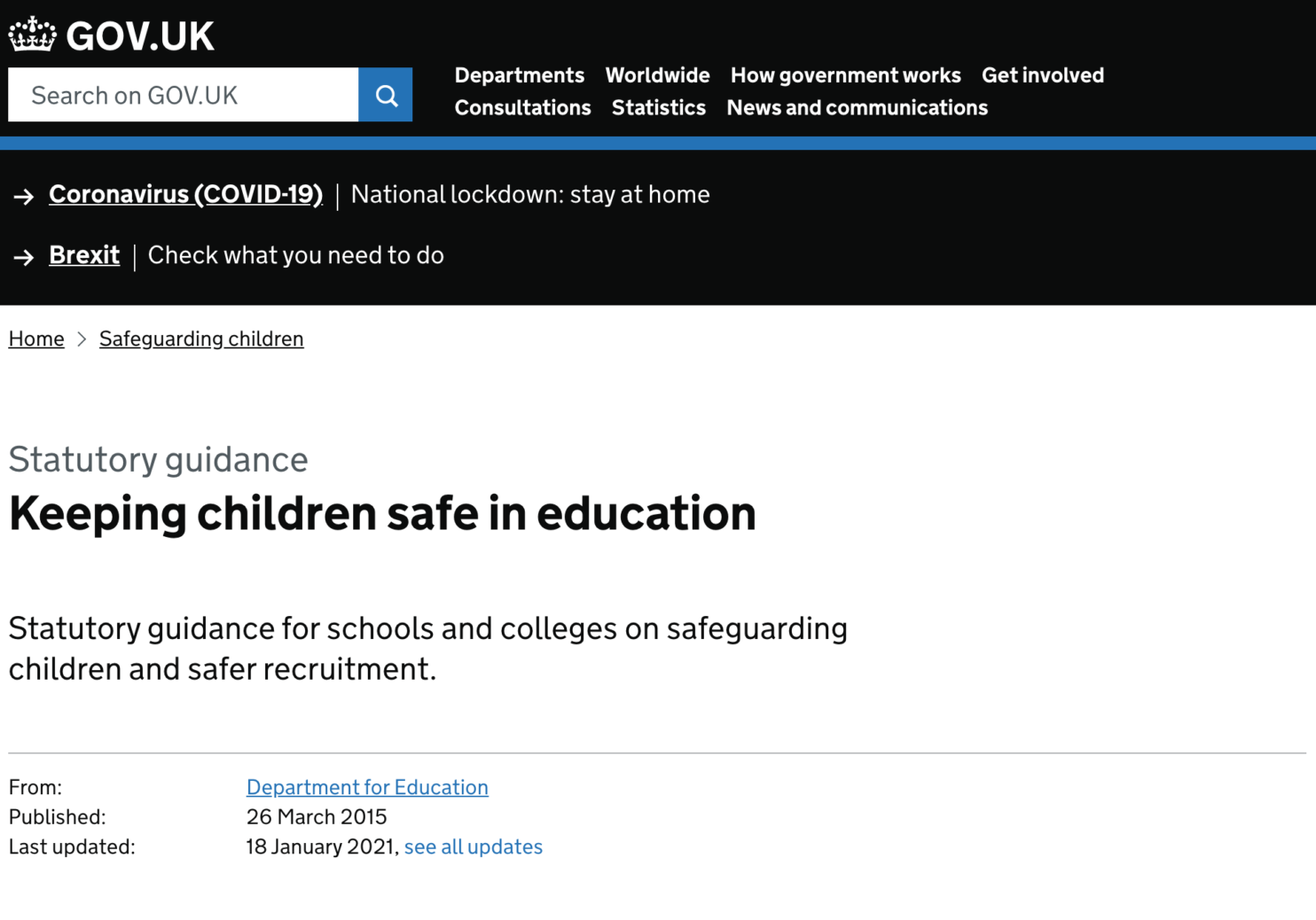North Tyneside Music Education Hub works closely with North Tyneside's School Improvement Safeguarding Team (endorsed by North Tyneside Safeguarding Children Parnership) to ensure that NTMEH it is always current and responsive to local and national safeguarding priorities.
The designated safeguarding lead for NTMEH is Julie Dorr (Hub Lead).
All tutors working for the Hub in North Tyneside schools, or who deliver hub activities are also subject to stringent safeguarding checks and must be on North Tyneside Council’s Music Providers list. All tutors on the providers list have enhanced DBS clearance, public liability insurance cover and have provided third-party referees.
Additional Statutory Safeguarding Requirements for Freelance Music Tutors
Local safeguarding arrangements and Ofsted regulations state that all staff working in schools must be able to prove they understand safeguarding procedures. As agreed locally, those working in schools in North Tyneside must complete safeguarding training every three years as a minimum. This must be completed through a two hour face to face training session. All schools offer in-house safeguarding training every three years which self-employed staff can request to attend. Alternatively, staff can sign up to attend a child protection training session via North Tyneside Council’s education services website: www.educationservices.org.uk/Training
A central record of all staff who have attended a child protection course is kept, but it is the responsibility of self-employed tutors to keep a record of their most recent safeguarding training to ensure that this is kept up to date.
Each school has its own child protection and safeguarding procedures, and members of staff who lead on safeguarding matters. These are known as the designated safeguarding lead (DSL) and deputy designated safeguarding lead/s (DDSLs).
Self-employed tutors should make themselves aware of the relevant contacts for each school they work in. Tutors may also be made aware of any issues regarding specific students if and when relevant.
For further advice, see:

ism.org
The UK’s professional body for musicians and subject association for music.

musiciansunion.org.uk
Safeguarding and Child Protection in Education.

Gov.uk
Statutory guidance for schools and colleges on safeguarding children and safer recruitment.
Safeguarding Guidelines for Online Activities
If attending an online workshop as part of a group from a specific school, young people must follow their individual school guidelines for virtual learning activities. A named member of staff must be in attendance at the workshop, and in doing so will take full responsibility for the safeguarding, welfare and behaviour of all young people attending. Please also see below for further guidelines and expectations.
All individual young people attending an online workshop must have consent to do so by a parent/carer if under the age of 18. Young people must also agree to the following guidelines and expectations, which should be discussed with them in advance by the named parent/carer:
Online Workshops: Guidelines and Expectations
- Online invitations sent out for activities must be treated as private and not shared with any other individual apart from the young person attending the workshop.
- Only the young person attending the workshop should be visible or audible during the activity.
- The device used for the activity should be, where practical, in an area of the house where the young person attending can concentrate, but will not be isolated (try to use a quiet room downstairs if possible)
- The background should be as neutral as possible and personal information should be protected (photos of family members should be removed for example). Use a blurred or neutral virtual background if you can.
- Young people and staff members must be dressed appropriately. For young people. this should be the same way as you might dress on a non-uniform day in school.
- Young people must login into the session using their full name (not first name only or a nickname). If using a parents/carers account, please change the name accordingly.
- The chat function should only be used only when instructed to do so, and all comments should be respectful and relevant to the activity.
- If a young person or parent/carer has a concern about something that has happened in an online workshop they should contact the workshop organiser as soon as it is possible to do so.
- Young people must behave as they would when taking part in any school-related activity. Unacceptable behaviour will result in a young person being removed from the session and a parent/carer being contacted.
